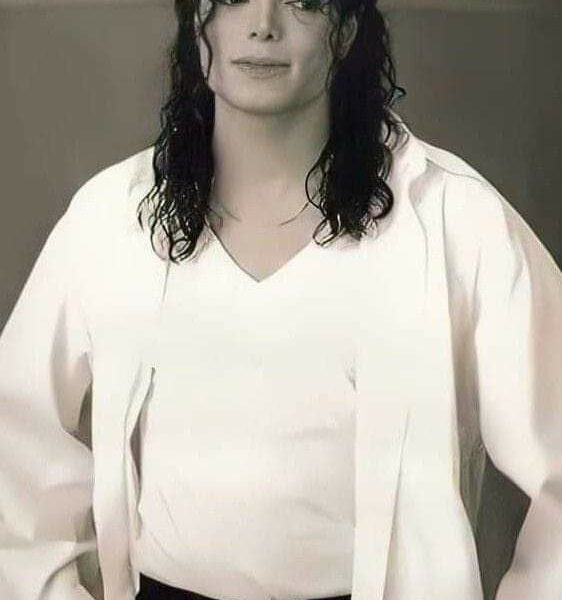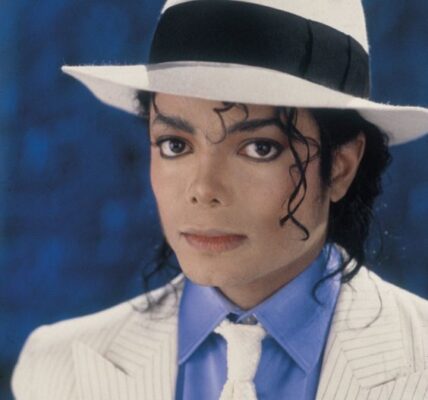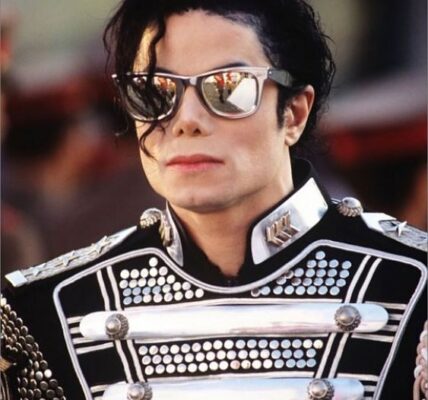Michael Jackson, the King of Pop, was not only a musical genius but also an artist who used his platform to address social issues and injustices. His music video for “They Don’t Care About Us” is a prime example of how he seamlessly combined his musical talent with his passion for social justice. Released in 1996, the song and its accompanying video remain as relevant today as they were nearly three decades ago. In this article, we delve into the powerful messages and intricate details of the “They Don’t Care About Us” music video.
The Historical and Social Context
The mid-1990s were a period marked by heightened awareness of social issues, including racial discrimination, police brutality, and human rights abuses. Michael Jackson, always attuned to the pulse of society, chose to address these issues head-on in “They Don’t Care About Us.” The song’s lyrics are a raw and unfiltered critique of the systemic inequalities and injustices faced by marginalized communities.
The Message: A Call for Justice
At its core, “They Don’t Care About Us” is a protest song. Jackson’s lyrics are a stark commentary on the state of the world, touching on themes of racism, police brutality, and the neglect of the disenfranchised. Lines like “Skin head, dead head, everybody gone bad” and “Beat me, hate me, you can never break me” highlight the anger and frustration felt by those who are oppressed. Jackson’s repeated refrain, “All I wanna say is that they don’t really care about us,” serves as a powerful indictment of those in power who fail to address these pressing issues.
The Music Video: Two Versions, One Message
To fully convey the song’s message, Michael Jackson created two distinct versions of the music video, both directed by the acclaimed filmmaker Spike Lee. Each version offers a different perspective on the song’s themes, yet both are equally impactful.
Version One: The Brazilian Odyssey
The first version of the video was shot in the favelas of Rio de Janeiro and Salvador da Bahia, Brazil. Jackson’s decision to film in these locations was deliberate, highlighting the stark contrast between the vibrant culture and the harsh realities faced by the residents. The video features Jackson dancing and singing alongside local residents, interspersed with footage of the community’s daily life. The imagery is both beautiful and heartbreaking, showcasing the resilience and spirit of the people despite their struggles.
This version of the video also faced significant controversy. Brazilian authorities initially tried to ban the video, fearing it would portray the country in a negative light. However, Jackson and Lee’s intention was not to demean Brazil but to shine a light on the universal struggles faced by oppressed communities worldwide.
Version Two: A Stark Reminder
The second version of the video is set against the backdrop of a prison, with Jackson surrounded by images of violence, war, and historical atrocities. This version is more overtly confrontational, using stark and often graphic imagery to drive home the song’s message. Footage of police brutality, civil rights protests, and historical figures such as Martin Luther King Jr. and Mahatma Gandhi are juxtaposed with Jackson’s impassioned performance.
The Intricate Details: Symbolism and Imagery
Both versions of the “They Don’t Care About Us” music video are rich with symbolism and imagery that deepen the song’s impact. Here are some of the most significant elements:
The Olodum Drummers
In the Brazilian version, Jackson is accompanied by Olodum, a well-known Afro-Brazilian percussion group. Their presence underscores the song’s connection to African heritage and the global struggle for justice.
Graffiti and Murals
The video features numerous shots of graffiti and murals, many of which carry powerful messages about resistance and solidarity. These visual elements serve to amplify the song’s themes and ground them in the real-world context of the communities depicted.
Historical Footage
The prison version of the video incorporates archival footage of significant historical events and figures, reminding viewers that the fight for justice is ongoing and has deep historical roots.
Michael Jackson’s Dance
Jackson’s choreography is, as always, a highlight of the video. His movements are not just a display of his talent but also a form of expression and protest. His dance in the Brazilian version, in particular, is imbued with a sense of urgency and defiance.
The Legacy: A Timeless Anthem
“They Don’t Care About Us” remains one of Michael Jackson’s most politically charged songs. Its message is as relevant today as it was in 1996, resonating with new generations of listeners who continue to face similar struggles. The music video, with its powerful imagery and intricate details, serves as a testament to Jackson’s commitment to using his art as a force for change.
In conclusion, Michael Jackson’s “They Don’t Care About Us” is more than just a song; it is a powerful statement about the state of the world and a call to action for justice and equality. The music video’s intricate details and strong messages make it a timeless piece of art that continues to inspire and provoke thought. As we revisit this iconic work, we are reminded of the enduring power of music to shine a light on the injustices of our time and to inspire change.


